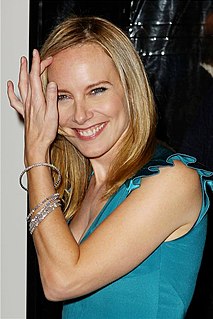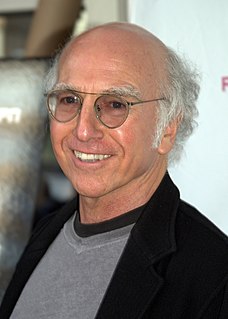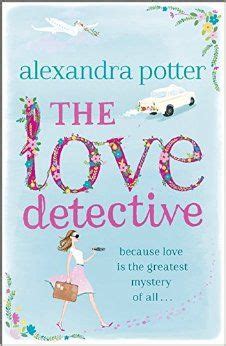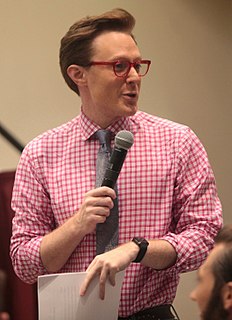A Quote by Amy Ryan
You know, I don't think, you know, therapy never ends, really.
Related Quotes
The cognitive therapy that takes place in the film Antichrist is a form of therapy that I have used for some time, and it has to do with confronting your fears. I would say that especially the part of the film that has to do with therapy is humoristic because people who know about this form of therapy would know that the character is more than a fool.
He leaned her back against the tub, setting her head on the edge, then washed her shoulders. "I know I left you once." She opened her mouth, wanting to say it didn't matter, it was forgotten. But it wasn't. "I know I hurt you." Again, she wanted to argue. But she couldn't. "I know I said I won't leave you again, but I also know that's not enough, and that the only way you're going to trust that I won't leave is if I don't". He slid the cloth over her arms. "If this ends, Hope, it won't be me that ends it. I think you know that.




































